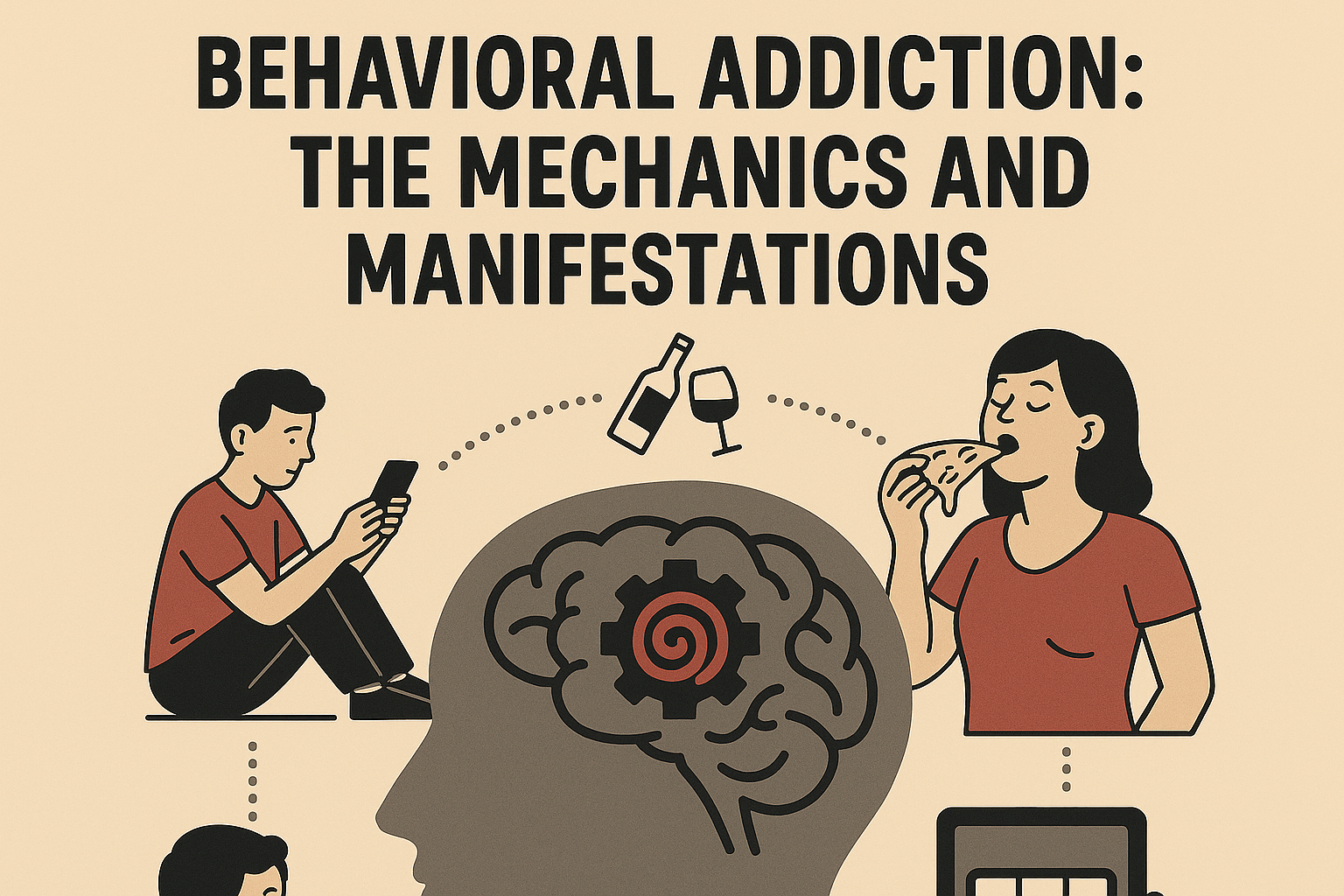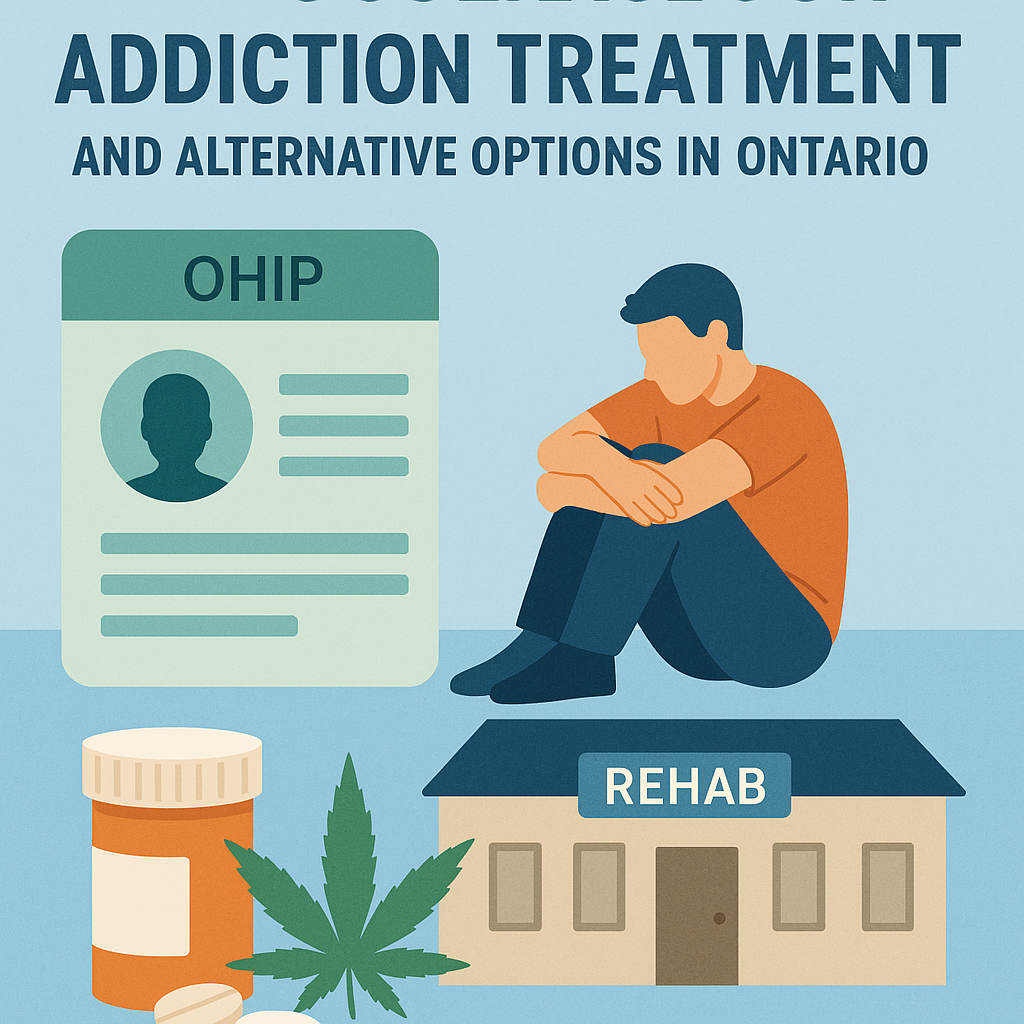
Detox Isn’t Just Physical! The Mind Goes Through It Too
When most people think about detox, they imagine the physical symptoms: shaking, nausea, headaches. And while those are real and difficult, the psychological side of detox is often just as intense—sometimes even more so.
If you’re planning to detox from alcohol, opioids, benzodiazepines, or other substances, it’s crucial to understand how it can affect your mind—not just your body.
The Psychological Challenges of Detox
For many, quitting a substance isn’t just about breaking a habit; it’s about unravelling a coping mechanism. Your brain has spent weeks, months, or even years depending on that substance to regulate stress, numb pain, or escape reality. When you suddenly take it away, the mind reacts.
1. Intense Anxiety and Panic Attacks
Substances like alcohol and benzodiazepines act as depressants for the central nervous system. When you remove them, your brain’s natural anxiety responses can surge uncontrollably.
- Racing thoughts
- Constant worry
- Panic attacks that feel like heart attacks
Why it happens: Your brain chemistry is trying to re-balance, but it’s overcompensating. Without the familiar numbing effect of substances, everything feels sharper, louder, and more threatening.
2. Depression and Hopelessness
For some, detox comes with waves of deep sadness, depression or even feelings of hopelessness.
- Lack of motivation
- Extreme fatigue
- Suicidal thoughts (in severe cases)
Why it happens: Substances like alcohol, opioids, and stimulants mess with your dopamine and serotonin levels—the chemicals in your brain that regulate mood. When those substances are removed, your brain struggles to produce those “feel-good” chemicals naturally.
3. Paranoia and Mood Swings
The emotional swings during detox are real—and they can be extreme. One moment, you might feel motivated and ready to heal; the next, you’re overwhelmed by paranoia or distrust of those around you.
Why it happens: Your brain is essentially rewiring itself. The parts that handled fear, joy, calmness, and stress are in overdrive trying to compensate for the loss of artificial regulation.
The Danger of Going Through This Alone
Experiencing intense anxiety, depression, paranoia, or even suicidal thoughts during detox is not uncommon—but it’s also not safe to handle alone.
When people detox without support, the mental strain can feel unbearable. Many relapse—not because they’re weak, but because the emotional weight is simply too much to carry alone.

Medical Detox Protects Your Mind, Not Just Your Body
At Metamorphosis, we understand that detox is more than just flushing out toxins—it’s retraining your brain to live without the crutch of substances.
Here’s how we support your mental health during detox:
- 24/7 psychological support to help you process what you’re feeling.
- Medications if necessary to ease severe anxiety or depressive symptoms.
- Therapeutic activities like mindfulness, meditation, and emotional grounding.
- Personalized counselling to address the root causes—not just the symptoms.
Detox doesn’t have to break you. With the right support, it can be the beginning of real, lasting healing—not just physically but emotionally.
The Role of Trauma in Detox
If you’ve experienced trauma—whether in childhood or adulthood—it can resurface during detox in powerful ways. Unresolved pain often gets buried under substance use. When that layer is removed, the feelings can rush back, sometimes stronger than ever.
Why Trauma Resurfaces During Detox
When substances are removed, the brain begins to process emotions that were previously numbed or muted. This can include traumatic memories, unresolved grief, or deep-seated fears. For many, the brain’s natural defence mechanisms are exposed, making old wounds feel fresh again.
How Trauma-Informed Care Helps
We recognize that healing isn’t just physical—it’s deeply emotional. Our trauma-informed care approach provides:
- Safe spaces for emotional release
- Therapeutic support to process memories as they arise
- Mindfulness and grounding techniques to stay present during waves of emotion
You don’t have to suppress it anymore. With the right guidance, you can move through it safely and come out stronger.
Final Thought: Healing Both Mind and Body
Recovery is about more than just getting clean. It’s about rebuilding the mind that addiction tried to tear down.
You deserve more than just surviving detox. You deserve to feel safe, supported, and understood while you do it. If you’re ready to experience detox that cares for your mind as much as your body, reach out to us today.
Key Takeaways:
- Detox is not just physical; it comes with intense psychological challenges like anxiety, depression, and paranoia.
- Your brain is trying to re-balance its chemistry after substance use, leading to emotional swings and mental strain.
- Attempting detox alone can be overwhelming due to severe mental and emotional distress.
- Medical detox supports both mind and body, with 24/7 care, psychological support, and therapeutic activities.
- You deserve to heal safely—not just physically, but emotionally as well.





